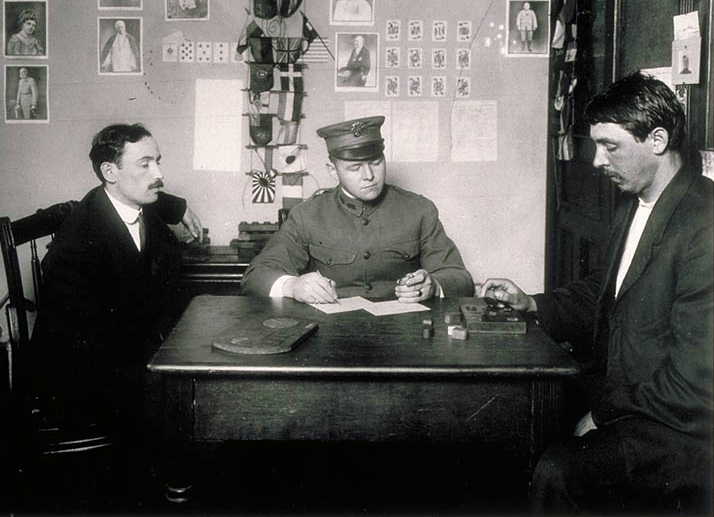|
|
|
| Culture-Fair Intelligence Tests
| Culture-fair tests, also called culture-free tests, are designed to assess intelligence without relying on knowledge specific to any individual cultural group or educational level. One of the first culture-fair tests, the Army Beta Examination, was developed by the United States military during World War I to screen soldiers of average intelligence who were illiterate or for whom English was a second language. Beginning in the post-war period, culture-fair tests, which rely largely on nonverbal questions, have been used in public schools with non-native English speaking students whose lack of familiarity with both English language and American culture have made it impossible to assess their intelligence level using standard IQ tests. |
